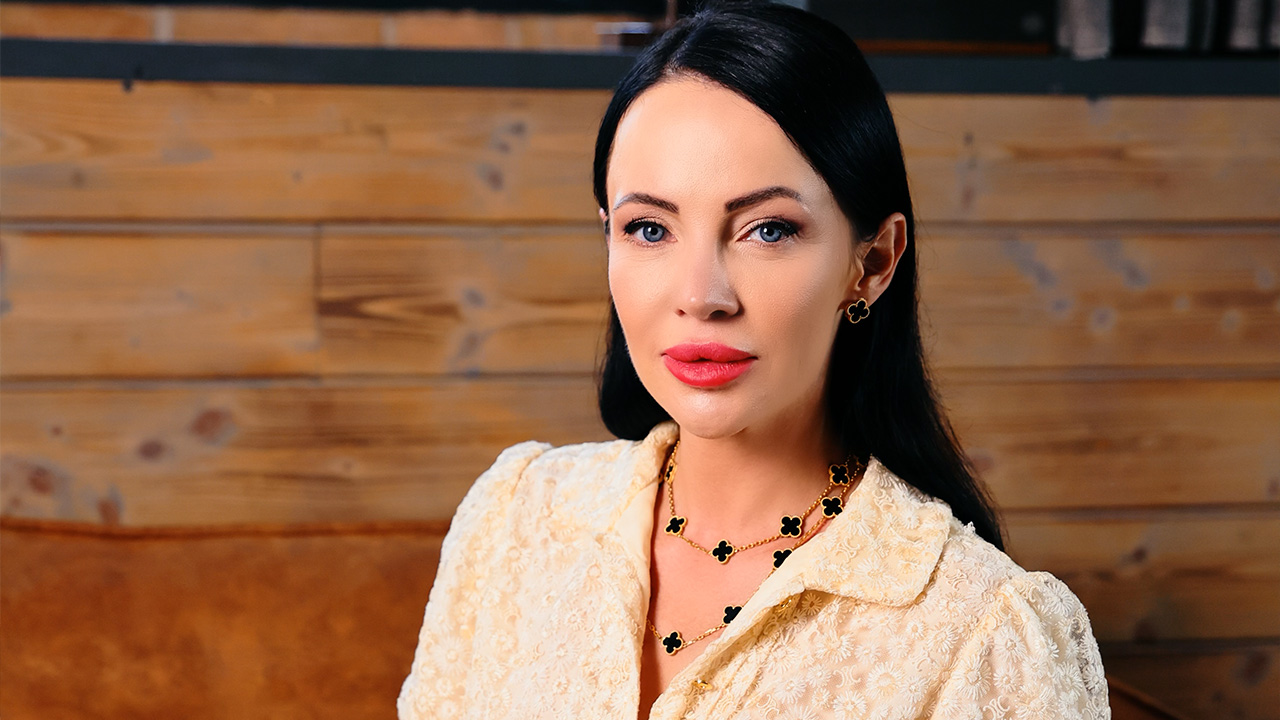
After the conclusion of the Olympic Games in Paris, which brought a temporary “truce” to France’s political life, the country once again finds itself at the center of political challenges. This grand sporting event, which boosted national pride and drew the attention of the world, failed to mask the deep socio-political issues that have been accumulating in recent years.
“For many French people, it became clear that the Olympics were a sort of ‘respite’ that only temporarily distracted attention from pressing issues, which now return to the agenda with renewed force. Political and economic contradictions that were postponed during the Games now require immediate resolution. This is especially true for social reforms that have long been overdue and demand decisive action from President Macron’s government,” says Alona Lebedieva, owner of the Ukrainian multi-profile industrial-investment group of companies “Aurum Group.”
One of the most significant challenges facing the French authorities is the appointment of a new Prime Minister. This decision will have a decisive impact on the country’s future political course and its stability. Since France is a key player in the European Union, these internal political processes could significantly influence European politics as a whole.
“The conclusion of the Olympics also highlights a broader issue, which is relevant not only for France but for many other countries that host international events. Such events are often used by governments as a way to temporarily relieve social tensions and postpone difficult political decisions. However, after these events end, the need to address accumulated problems becomes even more acute,” she adds.
For President Macron, this moment could be a turning point. After the Olympics, France once again faces deep political divisions, particularly in the context of appointing a new Prime Minister. Potential candidates include Lucie Castets, Bernard Cazeneuve, and Xavier Bertrand, each of whom carries their own political risks and opportunities to unite the country. This appointment could be crucial not only for determining France’s internal stability but also its role in the European Union.
According to Alona Lebedieva: it is important to consider that forming a new coalition under conditions of political instability could lead to atypical political alliances for France. Successfully addressing these challenges will not only strengthen Macron’s position but also stabilize the situation in the EU. However, failures could lead to serious political upheavals, including the growing influence of opposition forces that are already becoming active in the current situation.
In the midst of ongoing political battles, Macron will likely have to resort to unconventional approaches, such as forming new coalitions or changing political alliances, to maintain control over the situation. This could include compromises with various political forces, including left-wing and right-wing factions.
“At stake is not only his political future, but also the stability of the entire country, which is now threatened by internal divisions and the growing influence of the opposition. Successfully overcoming these challenges will not only stabilize the situation, but also provide Macron with long-term support among voters. And, as they say, all means are good in war. Therefore, the coming months will be decisive for determining the political future of France,” Alona Lebedieva is confident.